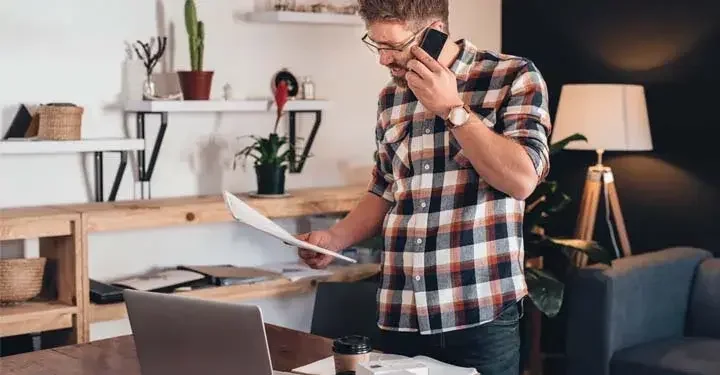An unsecured promissory note can be used to raise capital to start or expand your business. You also can use a promissory note when you borrow money. Alternatively, if you are the holder of a promissory note, you may be able to raise money by selling it.

A promissory note is a legal document that obligates the person who signs it to pay a certain amount of money to another person, and sets forth the terms of payment. The person who owes the money is called the payor, maker, issuer, or promissor. The person who is owed the money is called the payee, promissee, or noteholder. A promissory note is sometimes called a note payable, or simply a note.
If payment of the promissory note is guaranteed by property, called collateral, it is a secured promissory note. If the payor fails to pay, the noteholder can take the collateral as payment toward the debt. Collateral can be real estate secured by a mortgage, or personal property secured by a security agreement. If no collateral secures payment, the promissory note is called an unsecured promissory note.
Borrowing with an unsecured promissory note
An unsecured promissory note can be used in connection with borrowing money for your business from a commercial lender, or from friends and family members. If you borrow from a friend or family member, memorializing the loan with an unsecured promissory note gives them some assurance of repayment of the loan, avoids misunderstanding by clearly setting forth the terms for repayment, and gives them proof of the debt in case they later need to file a claim against your estate.
There are various ways to structure repayment. Especially for a relatively small loan, you might use a note that is to be paid back in full, with one payment, in a short period of time. Such an unsecured promissory note lump sum payment can be with or without interest. Either a long-term or a short term-promissory note also can be repaid in periodic installments, typically with monthly payments.
Selling an unsecured promissory note
If you are the holder of a promissory note, you may be able to sell the note for cash. However, you will be selling the note for less than the face value. Generally, a note buyer will discount the note by 10 to 35 percent. For example, if the amount due under the promissory note is $10,000, and the buyer discounts the note 25 percent, you will receive $7,500.
The discount may vary from buyer to buyer, and will take into consideration such factors as the note's being unsecured, the amount of the note, the interest rate of the note, and especially the credit rating of the note's promissor. Selling an unsecured promissory note will result in a greater discount than if it were a secured note. It will also be more difficult to find a buyer for an unsecured note. Debt collection agencies often buy notes that are not in default, as well as those in default.
How to collect on an unsecured promissory note
If the borrower fails to pay as required by the terms of the promissory note, the first step is to send the borrower a letter giving notice of the default, giving a deadline for payment, and giving notice that further collection efforts will be pursued if payment is not made.
If the default continues, the noteholder has two options: Obtain the services of a debt collector, or file suit against the borrower. The federal Fair Debt Collection Practices Act is a complex set of laws governing debt collection, and has significant penalties for violations. Therefore, using the services of a knowledgeable attorney or debt collection agency are recommended.
Debt collection agencies
Some debt collection agencies will buy the note that is in default for a discount. This will be a much greater discount than if the note were not in default. The agency then keeps whatever it ends up collecting from the borrower. Other agencies will keep a percentage of what they collect, and forward the balance to you.
Filing a lawsuit
Collecting on an unsecured promissory note through the courts is a two-step process. First, you need to go through the court process to obtain a judgment against the borrower. Then you need to try to attach the borrower's wages, bank accounts, or other assets in order actually get paid. If the borrower does not have sufficient assets that can be attached to satisfy the debt, you are out of luck. And, if the borrower files for bankruptcy, that can at best delay the process, and at worst eliminate your ability to collect what you are owed.
If you use an unsecured promissory note to borrow from a commercial lender, the lender will provide the forms it requires. If you borrow from a friend or family member, you will need to create the note. If you want assistance in creating an unsecured promissory note, you may want to engage an online service provider.

